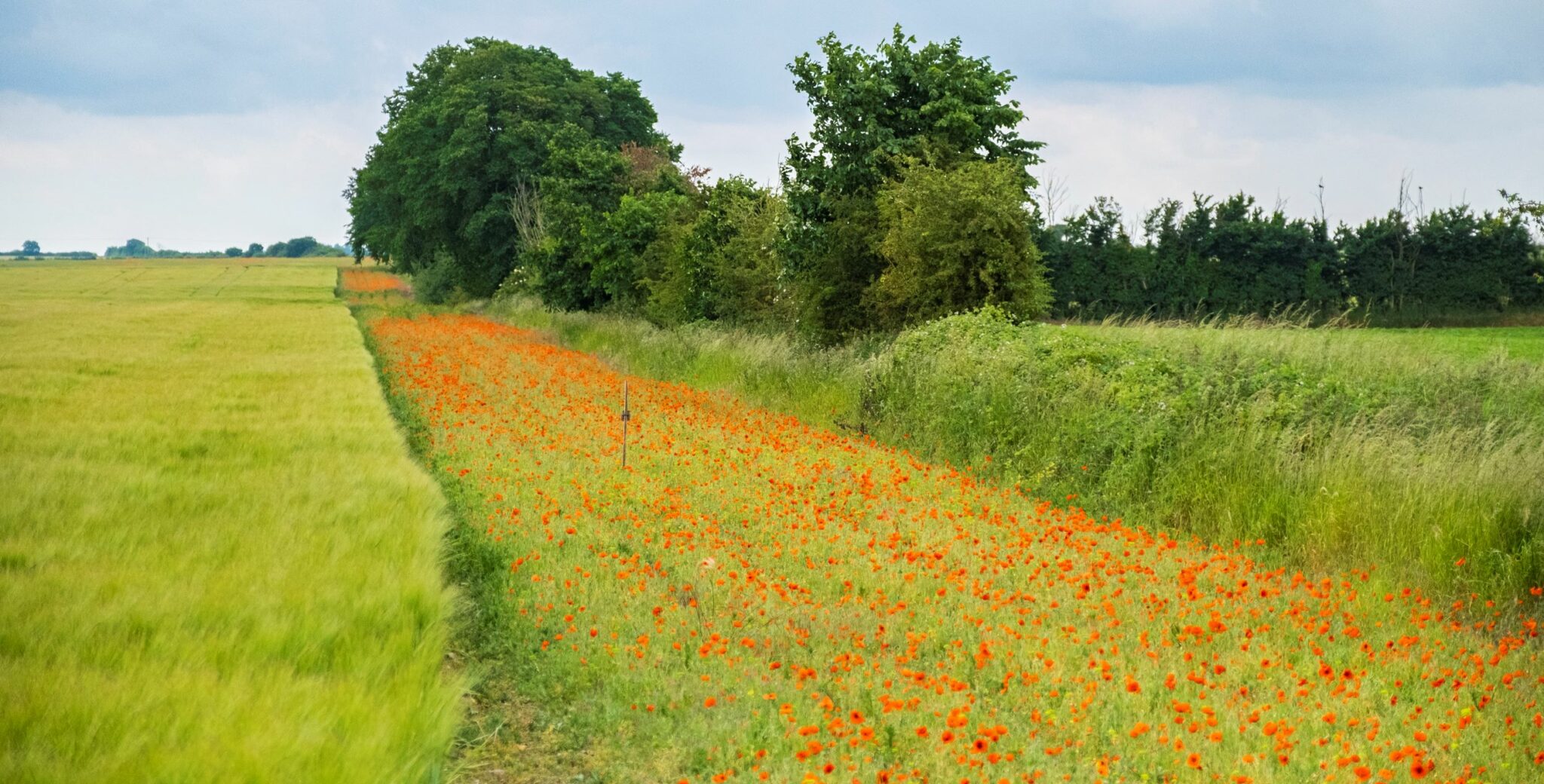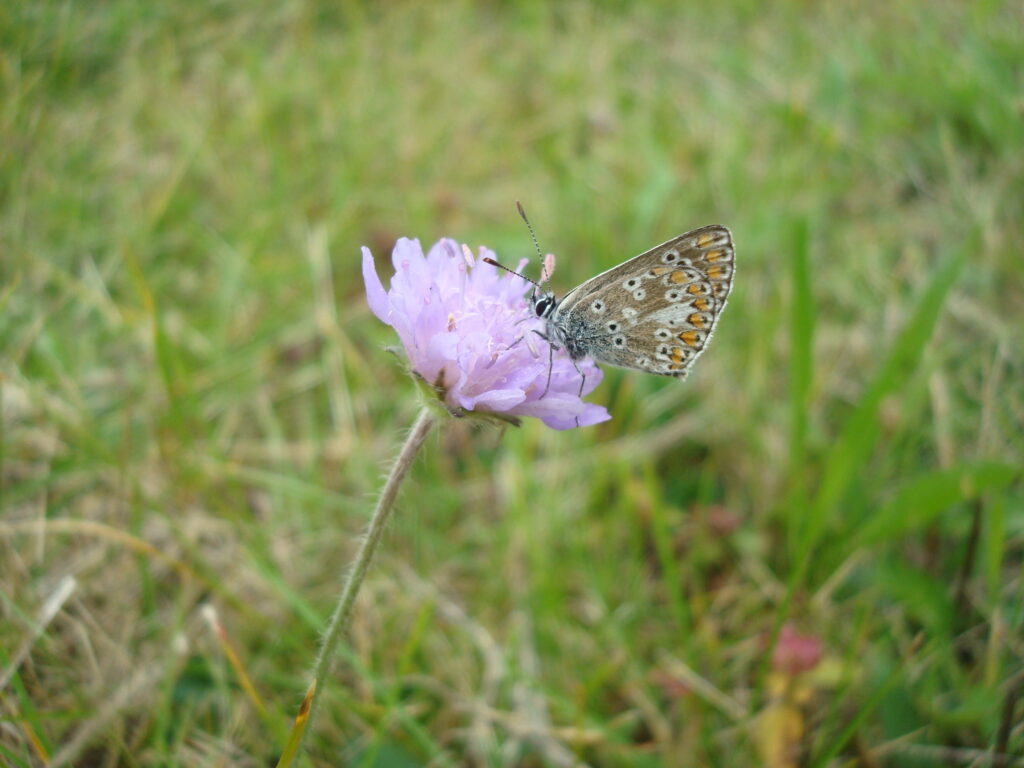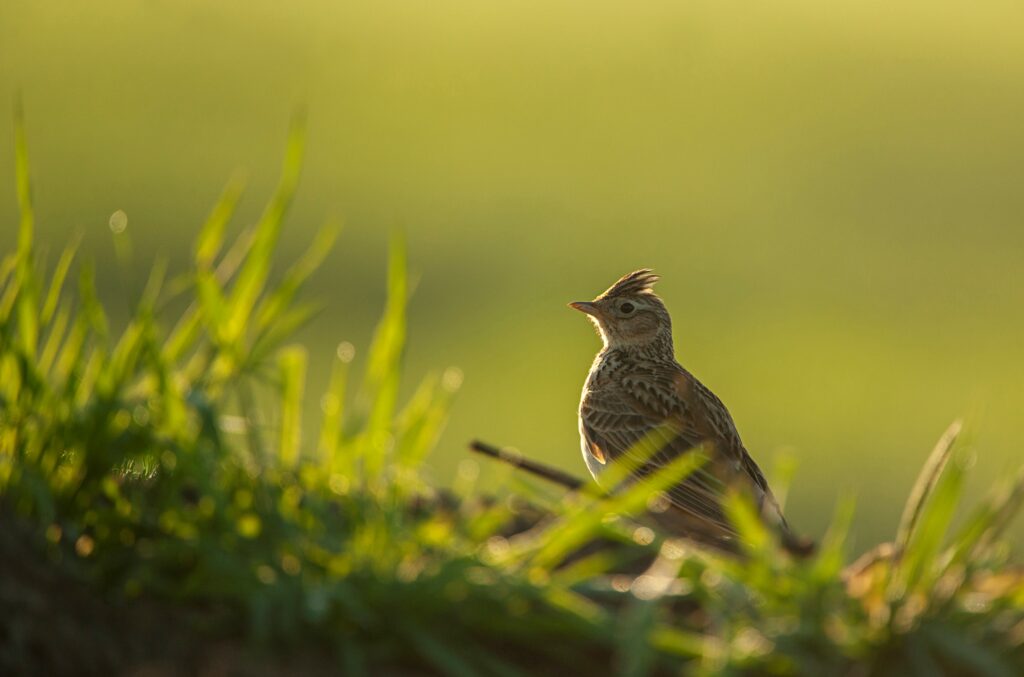
REGENERATING FOOD AND FARMING NEEDS NATURE AT ITS HEART
Home / News / Regenerating-food-and-farming-needs-nature-at-its-heart /
An opinion piece by Mark Varney, Head of RSPB Fair to Nature
The growing appetite for regenerative agriculture throughout the supply chain has been palpable in recent months. There is no denying that attitudes towards food production and consumer choices are shifting. There is a groundswell of interest in how our food is produced and an ever-growing number of voices calling for a more sustainable approach to food production.
In light of the growing awareness and urgency surrounding the nature and climate emergency, many businesses large and small are starting to focus on sustainability and environmental practices in their supply chains. While these initiatives promise to have a positive impact on the planet, tackling challenges such as water scarcity and deteriorating soil quality, so far there has been an absence of true recognition for the food industry’s very life support system: nature.
Nature loss and climate change pose significant risks to our long-term food supply. In England, the Government’s new green farming schemes are paying farmers to implement nature positive and climate-friendly actions on farms. This sets a positive direction of travel and recognises nature’s role in underpinning farm businesses and future food security.
Yet the rapid loss of nature here in the UK is visible and worrying In our lifetimes, almost half of our farmland birds, mammals, amphibians, insects and invertebrates have disappeared, along with 97% of our wildflower meadows.

Against this backdrop of alarming wildlife decline, consumers are hungry for change, and fast. The food and farming system has an undeniable role to play in bringing nature back across the UK, and we also have the most to lose if we fail to act with urgency.
Recent research undertaken by Ipsos [1] demonstrates that the public are increasingly aware of the loss of nature and they expect the food industry to play a leading role in addressing it. Preserving and enhancing wildlife was what respondents said they wanted farmers to prioritise out of a choice of sustainability actions [2].
The food industry has a responsibility to enact the change that consumers so clearly want to see, and while this is coupled with a genuine desire from many people across the food industry to do better, too many are overlooking what is critical; good quality habitats. Habitats such as seed-rich crop areas, hedgerows and wildflower strips have been scientifically proven to reverse wildlife declines, and these are tangible actions that shoppers can relate to.
We must ensure that nature underpins our sustainability efforts alongside climate action and, crucially, end the confusion around what products labelled as eco, regenerative and sustainable actually means. The alternative, as we are seeing playing out already in the sector, is “climate tunnel vision” – a risk we cannot afford to take amidst the joint nature and climate emergency.

As a proven approach to restoring the balance of nature in the food sector, the ground-breaking RSPB Fair to Nature food and farming certification scheme and its report, Without Nature There is no Food, provides the methodology to help tackle the loss of UK biodiversity and the impact that could have on food production.
RSPB Fair to Nature is the only UK certification scheme with a focus on biodiversity and reversing nature loss. Run by the RSPB, the UK’s largest nature conservation charity, and based on sound scientific evidence, it is designed to deliver demonstrable biodiversity benefits on certified farms and provide food businesses with the means to act on wildlife declines.
Crucially, with labelling a key lever to ensuring consumers can feel confident in the products they’re buying, the trusted presence of the corresponding on-pack Fair to Nature logo also enables brands to harness consumers’ buying power.
As the Without Nature There is no Food report sets out, making use of all the tools available, from government funding to on-pack labelling, will be key if we are to help deliver the transformation that is urgently needed within the food and farming sector. Now is the time to harness the increased public appetite for change and work together to deliver space for nature on farms.
Originally published in the July 2024 edition of FMCG CEO magazine.
References:
[1] On behalf of the RSPB, Ipsos surveyed a representative sample of 2,250 adults aged 16-75 across the UK via the online omnibus between the 7th and 8th of December 2023.
[2] In the research undertaken in December, halting biodiversity loss was among the top three environmental impacts of agriculture UK adults want to see addressed on farms; 37% selected this, along with 39% choosing use of environmentally harmful pesticides, and 36% choosing water pollution
Tomorrow is grown from our actions today
Contact us today to find out how we can help achieve a great tomorrow
Register Interest
Sidebar form
or email us at fairtonature@rspb.org.uk
